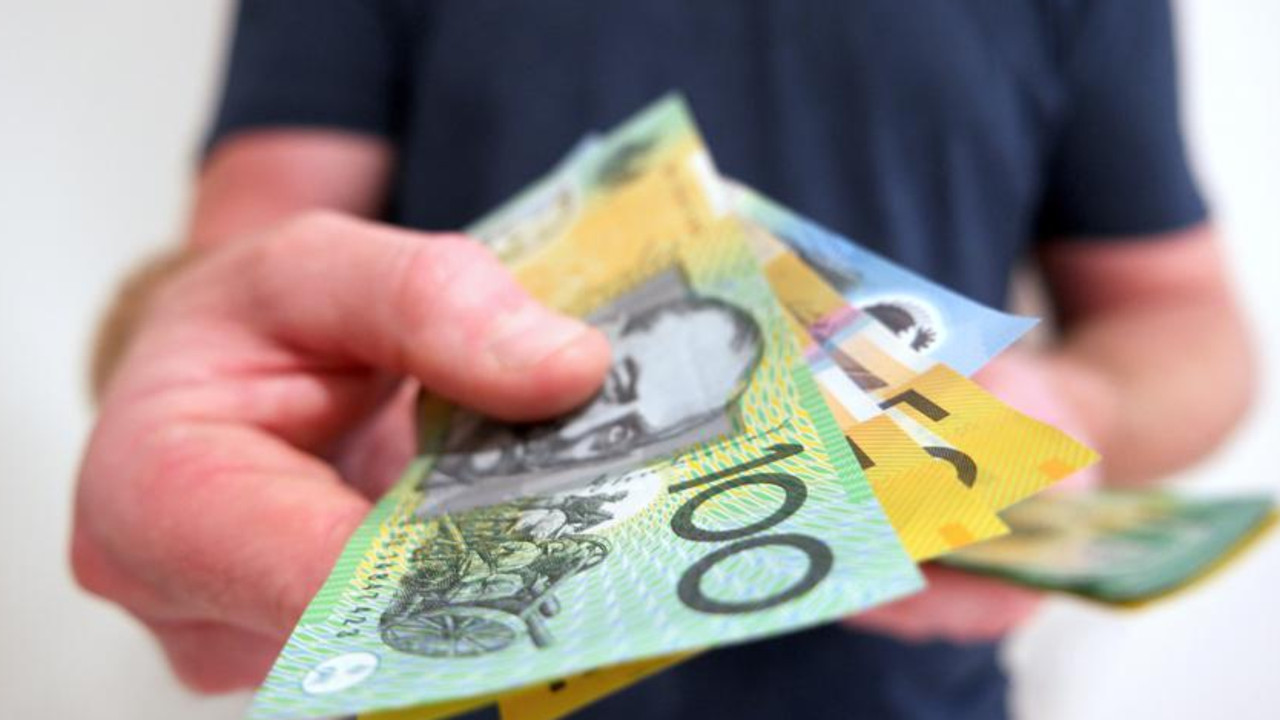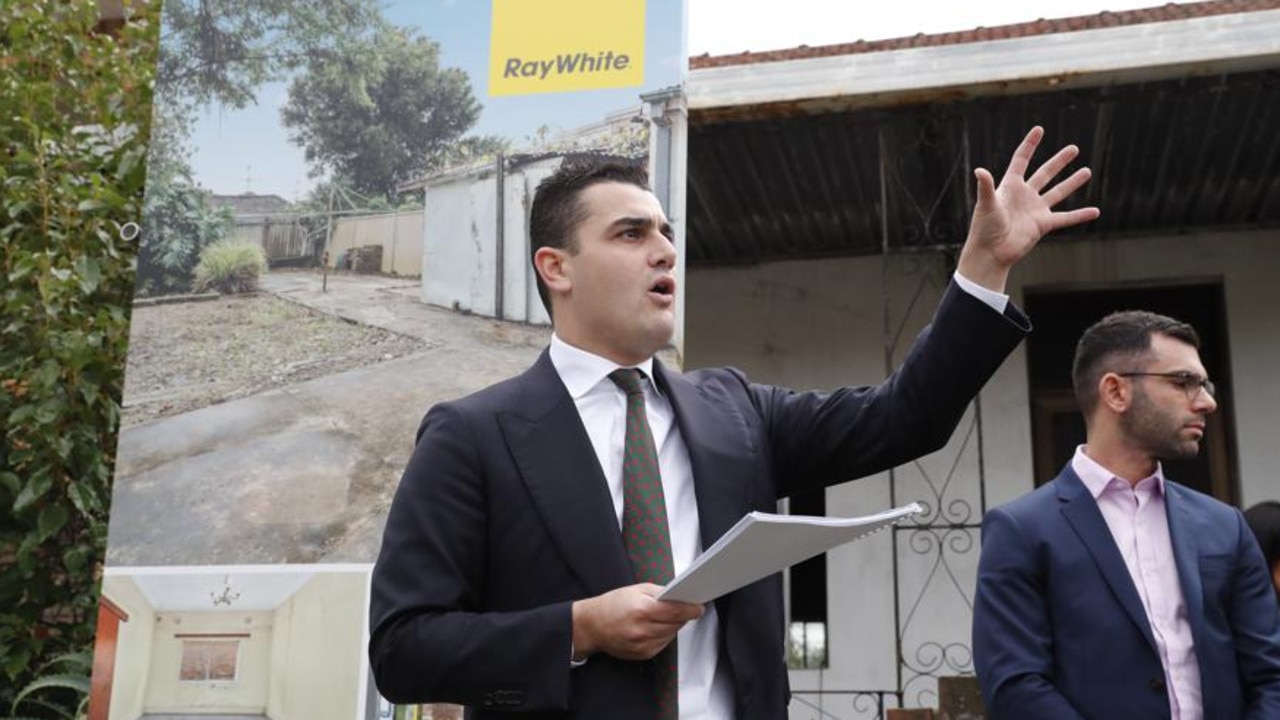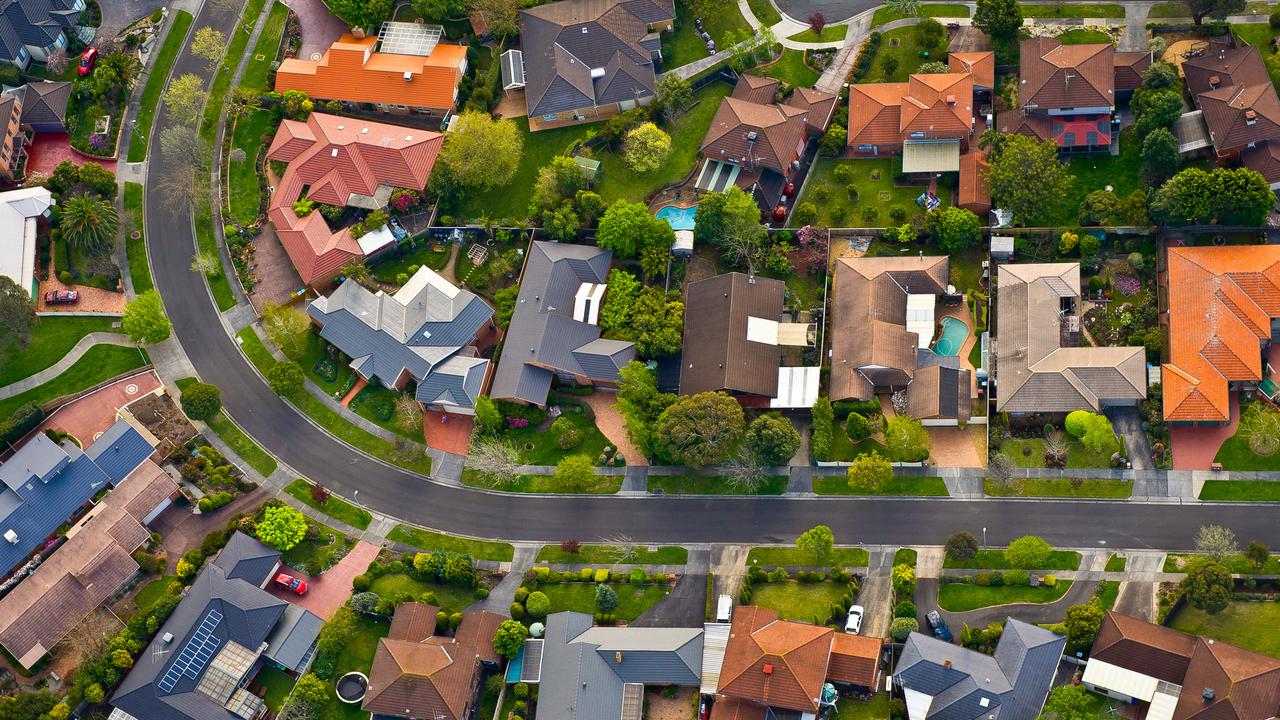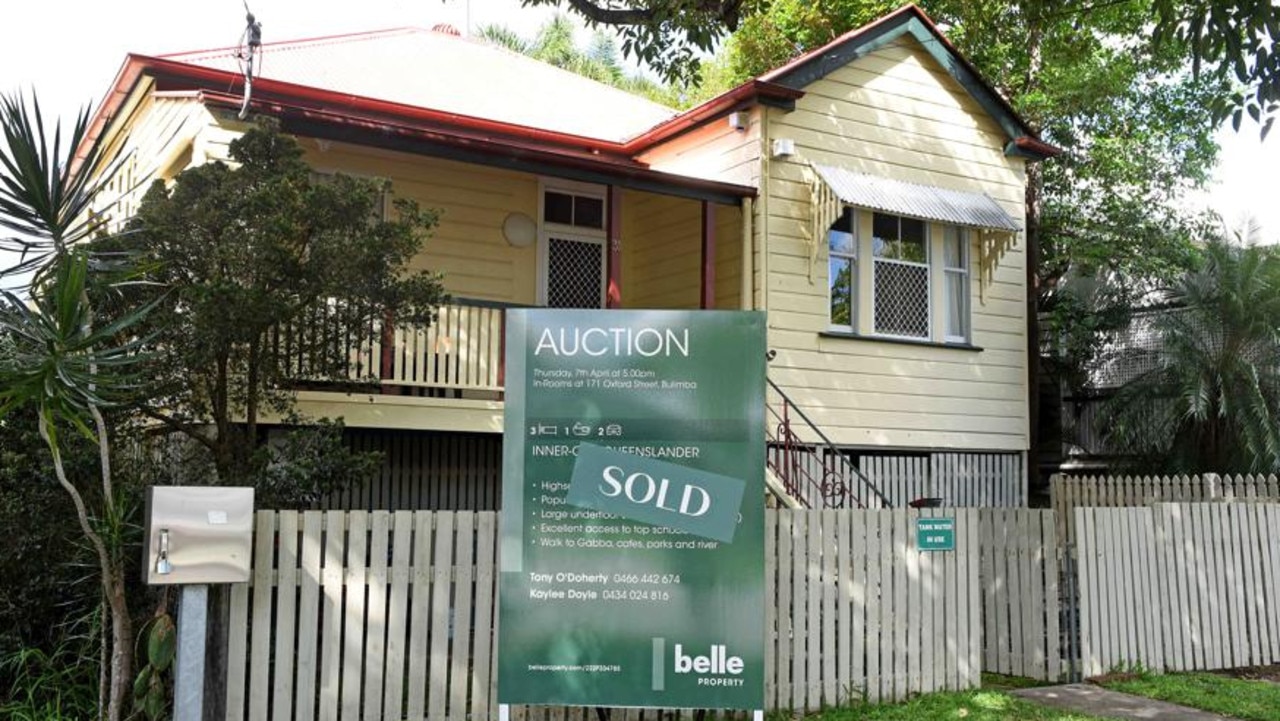‘Serious dollars’: Common property ‘trap’ that can cost first home buyers a fortune
Aussies are obsessed with real estate – and after the market just suffered its biggest decline on record, there’s a huge mistake you don’t want to make.
In Australia, we love talking about the potential for a property market crash almost as much as we love talking about how property prices keep going up and up.
If you haven’t already purchased your first home, history has shown us that the longer you wait, the more you’re going to have to pay.
Don’t get me wrong, I’m not saying it’s easy – but I am saying it’s an important step on your journey to money success, and the longer it takes you, the more work you’ll need to put in to get there.
With the property market just suffering its biggest decline on record but now quickly recovering, there may never be a better (read: cheaper) opportunity to buy your first home and enter the property market.

The state of the Australian property market
Over the last few years we’ve seen massive gains in Australian property, particularly in our eastern states.
This has been driven by ultra-low interest rates before and throughout the Covid pandemic, and the fact Aussie households had been cashed up as a result of ongoing lockdowns restricting our ability to spend money in ways we’ve become accustomed to.
But in 2022, things changed and we experienced the biggest decline in average property values in Australia since records began.
Based on the median property value at the peak of the market of $768,147, the decline of 9 per cent saw $69,133 slashed off the value of the average Aussie home.
As interest rates have been increasing, so has talk of the potential for a property market crash.
People talking about this crash cite the forecast slowdown in the economy, uptick in unemployment and the amount of fixed rate mortgages due to expire through 2023.
But now, six months into the year, the crash hasn’t materialised, and in fact we’ve seen property values start increasing – slowly at first, and then at an accelerating pace.
This has led to most of the biggest players in property calling the bottom of the property market and saying property values will only increase from here.
For anyone that got into the property market a few months ago when the talk of a market crash was even louder, they have been rewarded with growth.
Anyone sitting on the fence waiting for values to go down further now most likely has a serious case of FOMO.

Property market risk
Don’t get me wrong, the challenges in the property market mentioned above are real.
The likely slowdown of the economy while interest rates are high, and all while fixed rate mortgages are expiring, means there is elevated risk in the property market.
But at the same time, there are significant forces driving upward pressure on property values.
The largest of these is the current property supply shortage, but there’s also strong population growth through migration and record rental increases around the country.
These factors are so strong they’ve cut through the headwind of higher interest rates and property price fear, and may well continue to do so in the short and medium term.
Nobody has a crystal ball, so we don’t really know what will happen with property prices in the short term, but looking at the data and history, a crash is seeming less and less likely each day.
But because the risk is there, if you’re thinking about buying property, it’s important you’re smart with how you plan.
When you are, even if property prices fall further, you’re not forced to sell and you can ultimately hold your property through any short periods where the market is down and hold it through to periods where property values are growing.
How to plan smart when you buy property
The largest risk I’m seeing at the moment for property owners is “cashflow risk” that comes with increasing costs of owning property, largely driven by increases to interest rates and mortgage payments.
When you buy property, whether it’s your first or your fifth, you should take the time to make sure your numbers stack up.
You’ll want to make sure you can afford your property today, but also look ahead to confirm your ability to continue to cover your property costs moving forward.
Practically, you can do this by firstly making sure you’re clear on your spending and savings plan (your budget) so you know how much money you have to work with when you buy a property.

From there, look at how much your mortgage repayments would be at different property price points.
Most people that do this look only at the level they think they can afford or at the price point they feel will get them the property they want.
Particularly if you’re expecting changes to your situation around income, employment, or family planning, these changes can have a significant impact on how much money you have available for covering your property costs, and so should be factored in before you make your property purchase.
Take the time to think this through so you don’t get caught out down the line.
If you do this well, even if property values decline in the short term, you’ll be able to hold your property until markets recover, and then ultimately increase.
And on the flip side, if property values keep going up you’ll be happy you’re in the market.
The wrap
Cracking into the property market isn’t easy, but it is an important step towards long term success with your money.
Looking at the trend of property values over time, with the exception of a few short term bumps in the road, values are only heading one way (up).
This means the longer you wait, the more you’ll need to pay for less – and that the sooner you can make it happen the better.

In Australia we love property: owning it, living in it, reading about it and talking about it.
But it’s easy to get swept up in the noise that’s out there and end up overwhelmed and fearful. Worst case, this can lead to you delaying your first property purchase unnecessarily, and you then having to play catch up later on – if you fall into this trap, it can cost you serious dollars (and time).
When you’re setting up to buy your first property, take the time to establish a solid plan of attack that will work for you both today and into the future.
Run your numbers well to protect your cashflow risk, which should give you the confidence to pull the trigger on your purchase with the peace of mind that you’re ready to ride out whatever happens in the property market, so you can ultimately get the results you want when you jump in.
Disclaimer: The information contained in this article is general in nature and does not take into account your personal objectives, financial situation or needs. Therefore, you should consider whether the information is appropriate to your circumstances before acting on it, and where appropriate, seek professional advice from a finance professional.
Ben Nash is a finance expert commentator, financial adviser and founder of Pivot Wealth, the creator of the Smart Money Accelerator, author of Replace your Salary by Investing and host of the Mo Money podcast. He runs regular free online money education event which you can book here.






